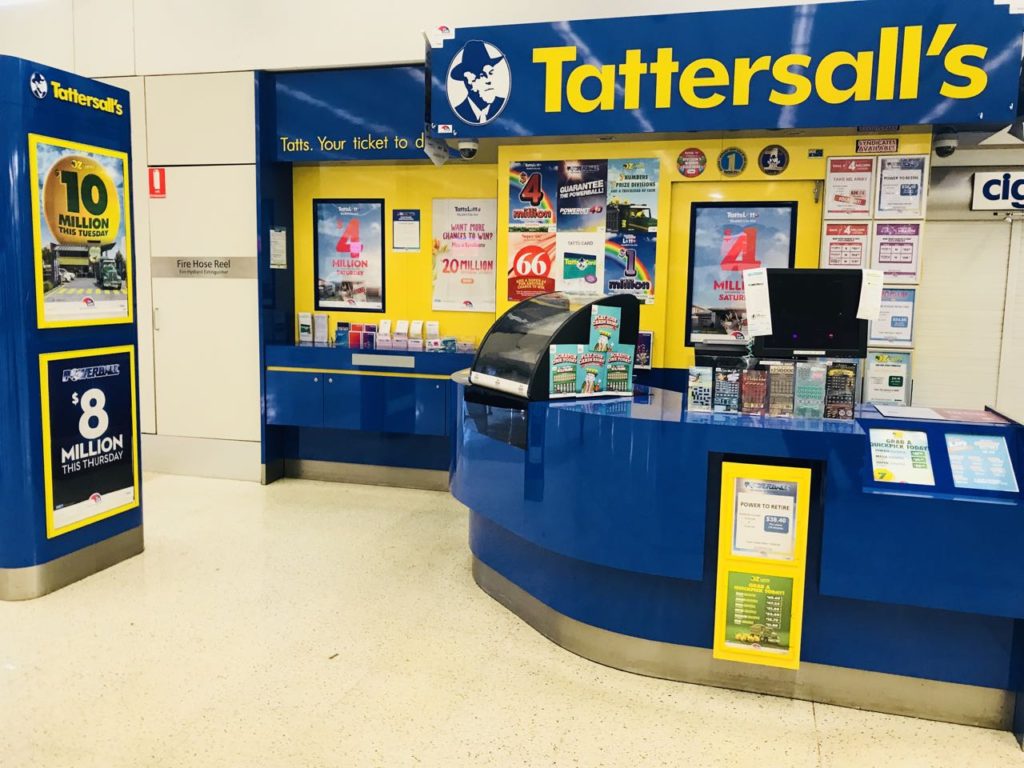Adam Joy, CEO of ALNA, shared the following with me yesterday and I share it here with his permission.
The Australian Lottery and Newsagents Association (ALNA) has taken a considered approach to the public advertisements by Lottoland Australia Pty Limited, which have appeared in newspapers last week, and on radio this week, regarding their commissions proposal aimed at members referring bets and customers from their retail venues to the online betting company.
ALNA remains resolute that Lottoland’s offer to newsagents is nothing more than a desperate PR manoeuvre that uses newsagents as advertising tools for an unethical business that is facing the closure of the loophole that it operates out of. This is backed up by overwhelmingly positive feedback we’ve received from members across the country who support the government’s positive move to ban betting on lottery outcomes to protect Australian consumers.
Nonetheless, in order to protect and inform our members, and our industry more broadly, we have made inquiries with regulators in each jurisdiction you sell lottery tickets in, seeking clarification as to the legality of the offers being made.
In an opinion piece published in The Daily Telegraph on 17 April 2018, the CEO of Lottoland Luke Brill, peddled some desperate claims as it faces closure of the loophole that it operates out of. And since some of these comments are misguided, we thought it important to clarify the facts.
Luke Brill has called newsagents ‘the little guys’. This is wrong. While newsagents are small businesses, our industry is made up of over 4000+ newsagents, employs over 20,000 people, and generates an estimated annual turnover of $6 Billion. We are one of the largest independent retail channels in our community, and approximately 2.5 million Australians shop at their local agency every day.
As the peak body for newsagents in Australia, we wanted to clarify a few comments that were made about our industry. After all, we know newsagents better than this bookmaker, who is desperately trying to leverage our industry.
The ban that Mr Brill referred to is a soon-to-be-passed amendment to the Interactive Gambling Act, meaning the banning of betting on lottery outcomes. The Federal Interactive Gambling Act already makes it illegal to sell a scratchy online and play a poker machine online, and Lottoland’s business offering is another questionable model that is deemed inappropriate online. In other words, the main reason for the impending ban is consumer protection.
Lottoland are an online wagering company and if they want to enter the lottery market, then they should consider a lottery license and completely change their product to one that operates within those much tighter regulations to offer consumer protections. Their business is operating out of a legislative loophole and their approach is tricky and dodgy, and ultimately one that consumers should be concerned about.
In a last ditch attempt at survival, Lottoland has made an offer to newsagents where the newsagent would act as an advertising platform for Lottoland.
The majority of members have told us loud and clear that they do not want to associate with Lottoland. Their reasons are that Lottoland has spent years denigrating newsagents, they do not want to offer products that are not highly regulated and trusted, and it is not a good long-term strategy for their businesses to refer their customers and goodwill to an unregulated space.
Early indications about the Lottoland offer to newsagents also bring into question its legality and regulators are in the process of looking in to this.
Highly regulated products like lotteries tend to not have a huge number of suppliers, and this does not only apply to lotteries. Appropriate industry regulations that protect consumers in each jurisdiction they are licensed in, mean that new entrants can only exist if they fit within strict criteria. It’s actually a good thing for consumers.
The bottom line is, Lottoland needs to understand that the Aussie way is one of fairness. Fairness is paying out an advertised prize amount. Fairness is not taking advantage of newsagents customers. Fairness is not operating a bait-and-switch model. Fairness is not misusing trademarks of other businesses. Fairness is not looking for loopholes. And fairness is not being misleading.
MYTH
ALNA has been funded by Tatts and or TABCORP for the media and PR work.
FACT
ALNA has received no funding either financial or otherwise by either entity individually or combined in their government relations, Public relations, Media or any other campaign to eradicate synthetic lotteries from our industry. ALNA did receive in 2017 a Bronze Sponsorship package to subsidise the Awards for excellence attendance tickets for retailers and provide Prize Money to the winners at the Awards for excellence Lottery retailer of the year in each participating state, there was no profit achieved from this money.
MYTH
ALNA are supporting a monopoly environment at the detriment of their members and they are stopping members make more money!
FACT
ALNA are in fact working to protect their members and here is why
- There are clauses in the current contracts that may cause our members to be in breach if they attempt the Lottoland offer.
- Early indications about the Lottoland offer to newsagents also bring into question its legality and regulators are in the process of looking in to this, including its lack of license to provide betting services in retail venues.
iii. Highly regulated products like lotteries tend to not have a huge number of suppliers, and this does not only apply to lotteries. Appropriate industry regulations that protect consumers in each jurisdiction they are licensed in, mean that new entrants can only exist if they fit within strict criteria. It’s actually a good thing for consumers.
MYTH
ALNA is a mouth piece for Tatts or now TABCORP and is now allowing them to build a monopoly at the expense of our Members.
FACT
ALNA has been in deep negotiation with Tatts or now TABCORP on commissions, Omni channel share and Shop fits for the last 12 Months, these negotiations are continuing and have not been finalised. There is more to be achieved in these negotiations but they are completely separate from our support to eradicate synthetic lotteries. We are certainly very clear to Tatts or now TABCORP that there is a large gap between current earnings/conditions and deserved earnings / conditions for our members. Our public submissions and research will support this and any copies you require of these documents can be achieved by merely asking me.
MYTH
ALNA is technically Insolvent
FACT
ALNA is audited every year, and all of our records are lodged with ASIC every year without fail, We hold our Annual general meetings as per the Corporations Act.
Our Audited reports contain an Auditors independence declaration and our reports can be obtained via ASIC. Any copies you require of these documents can be achieved by merely asking me.
MYTH
Another association is in a position to represent Newsagents.
FACT
ALNA is the only Association that has ACCC authorisation to collectively represent newsagents both locally and nationally.
ALNA is the only association representing over 2000 members in our industry.
As always feel free to contact me to discuss anything that may be of concern.
Warm regards
Adam
In this correspondence Adam responds to rumours being put about by others. A few weeks ago I mentioned anonymous correspondence I had received and suggested people sending it should publish it themselves. In two cases recently, the correspondence has attacked ALNA. I have not published it here and will not publish it here.
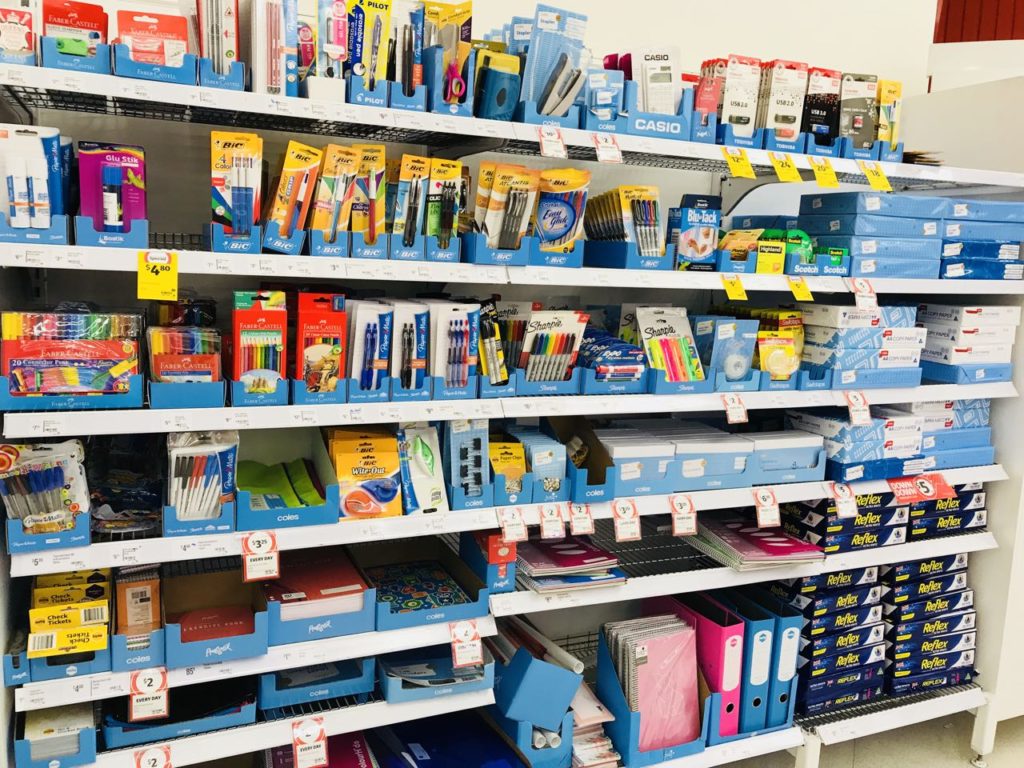
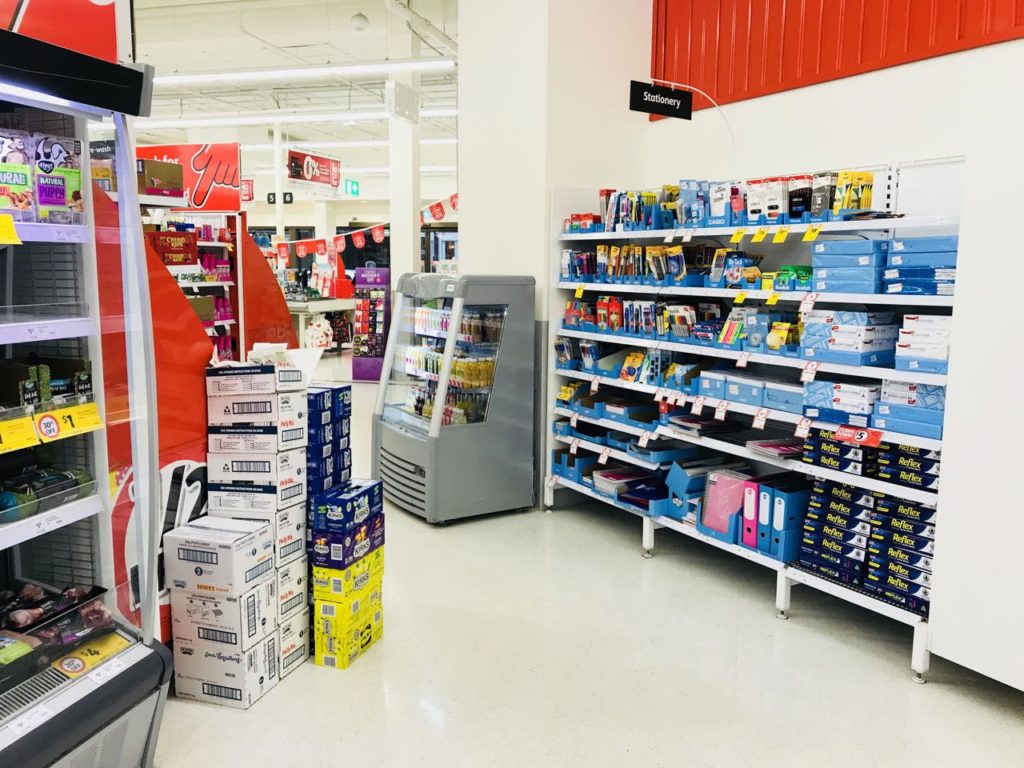
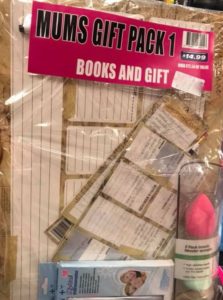
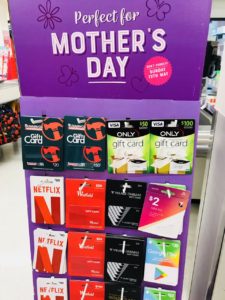
 Lottoland CEO Luke Brill says his betting agency doesn’t offer products sold by newsagencies.
Lottoland CEO Luke Brill says his betting agency doesn’t offer products sold by newsagencies.

